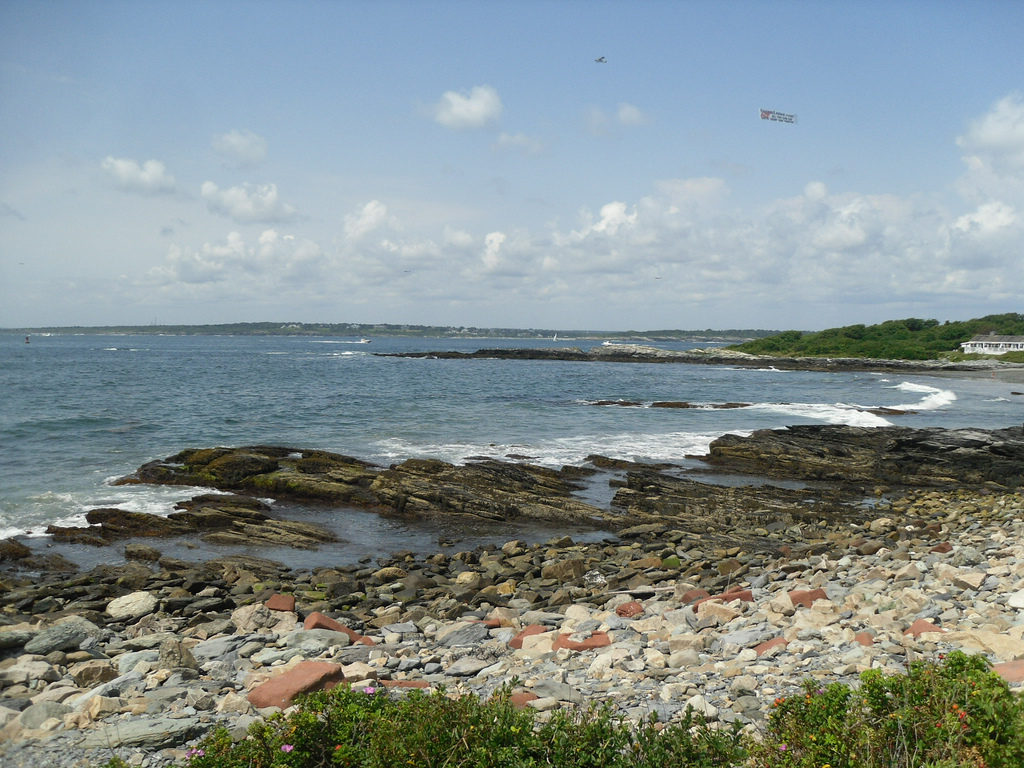In yet another frontier of the expanding struggle for climate justice, Rhode Island is the first US state to sue fossil fuel companies for the impacts of climate change.
Climate change — with its rising sea levels and more frequent and severe natural disasters, like 2012’s Superstorm Sandy — is already impacting and extensively damaging Rhode Island’s environment and infrastructure. As climate change worsens, so will the damages, further threatening the public health, economy, and environment of the state.
As it faces the rising costs of adapting to this new reality, Rhode Island is suing 21 of the world’s largest fossil fuel companies, including Exxon, BP, and Shell. In its suit, the state claims that the companies not only knowingly contributed to climate change, but also failed to warn the public about the risks of their products.
Rhode Island joins cities and counties across the nation in their fight for climate justice. And the evidence is growing every day that major oil companies contributed to climate change, engaged in climate change denial efforts that misled consumers, governments, and investors, and stymied meaningful action to reduce emissions and address the problem.
Despite the recent dismissal of San Francisco and Oakland’s case and the ongoing intimidation tactics employed by large fossil fuel companies such as ExxonMobil, this lawsuit shows yet again that the momentum of climate litigation will not be stopped.
Often, the cost of adapting to climate change unfairly falls on the shoulders of the public. But the narrative that everyone is equally responsible for climate change is false: Ninety companies (the so-called “Carbon Majors”) contributed over sixty percent of the world’s cumulative emissions from 1751 to 2010, and over half these emissions occurred since 1986 — after they already knew of the dangers.
While consumers had little choice in whether or not to use fossil fuels and little access to the research that provided early warnings about the dangers of these products, the same is not true for the fossil fuel industry. Major fossil fuel companies have known about climate change and their own contributions to it for decades, and they had early research and patents in renewable technologies. But they chose a different course, funding climate denial campaigns and fighting regulation.
Rhode Island is the first state to demand corporate accountability for one of today’s biggest societal crises, but it is unlikely to be the last. The burden of paying for the climate impacts of fossil fuels shouldn’t be shifted to taxpayers, instead of those who profited from them. With this suit, Rhode Island is taking a big step to hold corporations accountable for their role in the climate crisis.
By Anderson Lanham, Communications Intern
Originally posted on July 5, 2018

